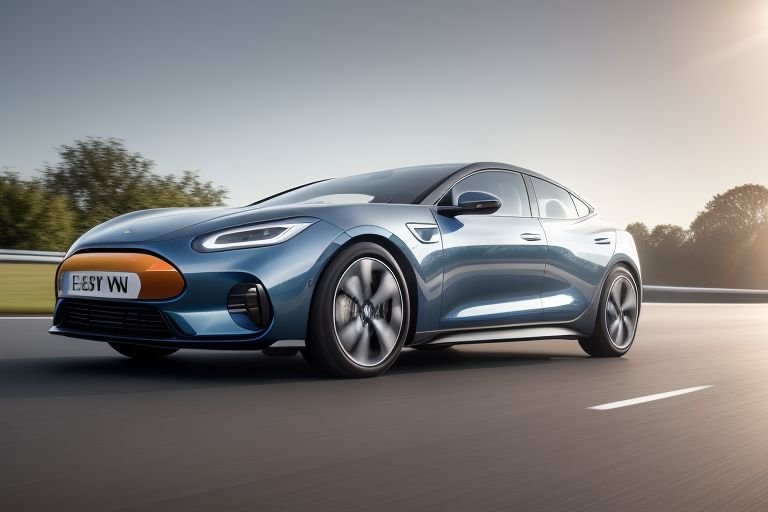
UK Car Market Faces Challenges as Electric Vehicle Sales Surge
Currently, automotive industry in the UK is facing certain transformations and threats with the shift of focus on electric cars within a climate of economic unrest. New data from SMMT highlight the relationship between the EV and the UK new car market as rising while the prospects of the overall new car registrations deteriorate.
In August 2024 the new car market of UK continued to remain stable with a marginal down trend of 1%. 3% to the same month last year while Sales volume increased by 5%. This is normally one of the least active months for the car market as many customers tend to hold their purchasing until the next changes of the number plates in September. This marginal decrease can be said to be rather encouraging in a market that continues to face shrinking margins due to economic challenges and problems with supply chains that have characterized the market in the recent past.
Perhaps the most obvious trend in the new data is the further increase in the share of electric vehicles, or EVs. Specifically, there is a rise of 10% on battery electric vehicle registrations. Some of this slump can be explained by seasonal variation that is([-]) 8% in August, through both deep discounting by manufacturers and the release of new car models. EVs now constitute 22 percent market share. 6% of the market share, an equivalent of the highest for a month since in December of 2022. This increase in EV’s seems a good sign for the UK as more aims to ban the future sales of petrol and diesel vehicles by 2030, however, there remain some constraints in the provision of charge points and the take-up rates among the public.
Yet the fleet sector remains a major buyer of cars in the UK and was responsible for 60% of all cars registered last month. Nonetheless, the employed indicators also cited a drop in this sector by a negative 1. It is estimated that the inflation rate in November 2023, will be 2% lower than the inflation rate that prevailed in August 2023. Private buyer registrations were almost stagnant with slight rise of only by 0. 2%. These numbers show the continued restraint that consumers and businesses keep in mind owing to economic volatilities.
Today the global uptake of electric vehicles is growing steadily, however currently over 50% of new car sales are still of traditional petrol and diesel driven cars which have dropped by 10. 1% and 7. 3% respectively. As it can be observed, the transformation is taking place, yet a significant amount of installations still exists with inherent internal-combustion-engine based dynamics.
Currently the car manufacturers have been demanding the government to stepped in and provide more incentive to encourage the use of electric cars. Main requisites include the stimulation of the installation of public electric charging stations; the restoration of the subsidies for private consumers; and the abolition of the discouraging factors, including the Vehicle Excise Duty expensive car supplement planned for the year 2025. All these measures are considered necessary to take in order to achieve the targets defined in the Zero Emission Vehicle Mandate.
In the future, the market outlook for this industry is rather positive for the September market because of the new reg number. Manufacturers are coming up with so many attractive promotions and sales promotions with attractive discounts which are influential and the availability of many models in the EV segment could also influence consumers.
However, challenges persist. Semiconductor scarcity remains an issue in the global market but less severe than in the previous years. Furthermore, the Covid cost-of-living crisis and escalation of interest rates occurred having a negative impact on consumer purchasing power and therefore, possible demand for new vehicles.
The UK automotive industry is also facing many more long-standing challenges such as obtaining funding for local battery production as well as new rules of exporting cars after Brexit. It is clear that with reference to car manufacturing, these factors will be vital in defining the ongoing competitivenessof the UK in the long run.
Therefore, the focus will remain on September’s sales and the potential measures that the Autumn Budget will bring into the automotive industry with regards to the shift to zero-emission vehicles. The next few months can actually determine the future of the car market of the United Kingdom and its prospect of hitting the standards set by the government towards the environment without hampering the industry that has been a vital part of the country’s economy.


